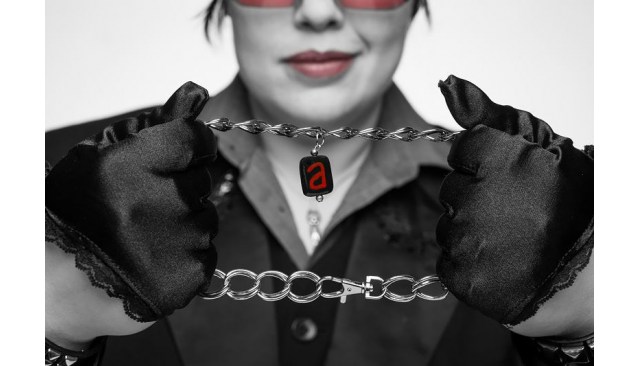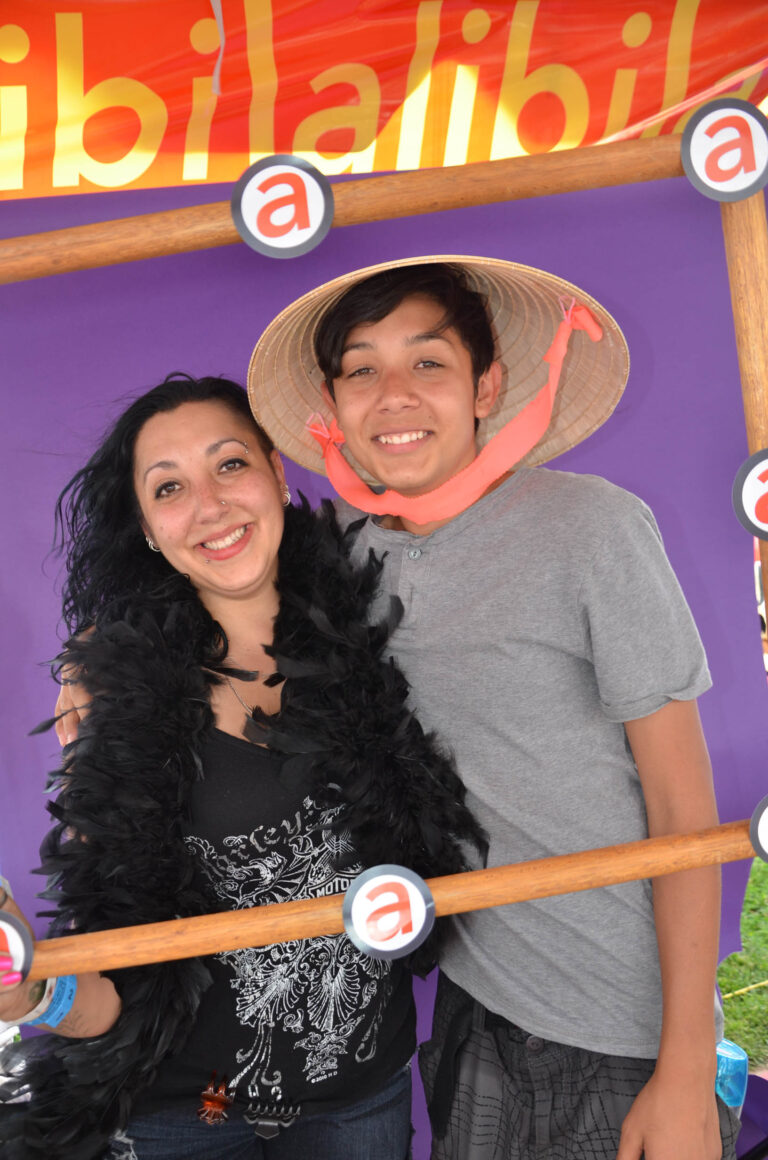Alibi Flashback: The Original “Two-Minute Criminal” Story
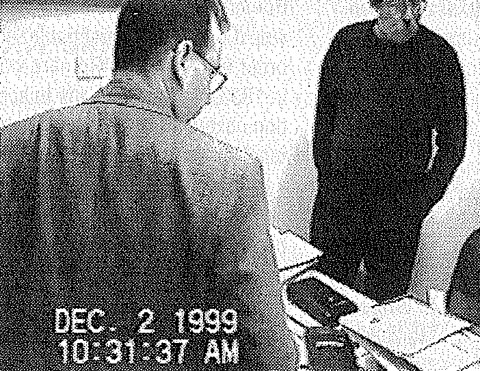
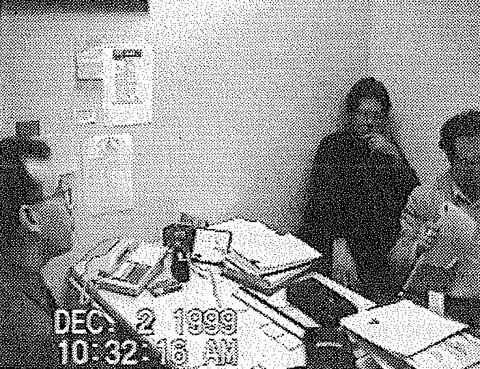
Bralley ponders something

APD Sgt. John Gallegos on left. Officer Mark Bralley in corner

Bralley makes a point
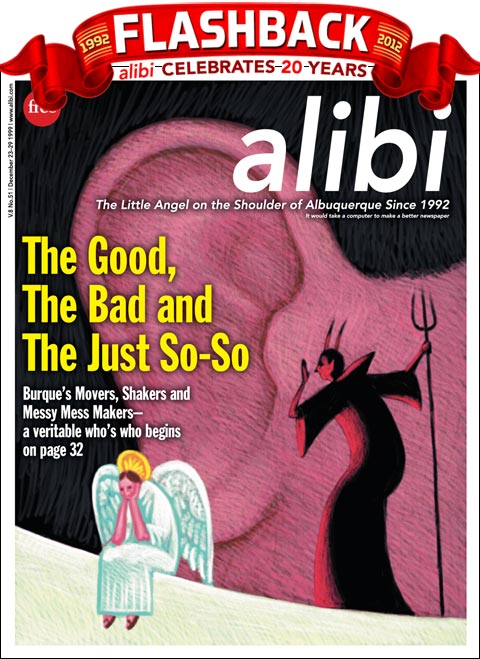
V.8 No.51 • December 23-29, 1999

Gallegos orders Livingston out of the room
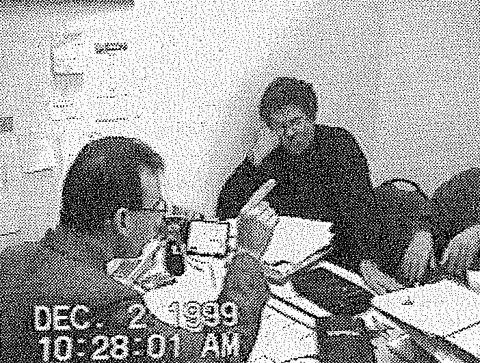
Gallegos points his finger

Bralley, after touching Gallegos on his shoulder
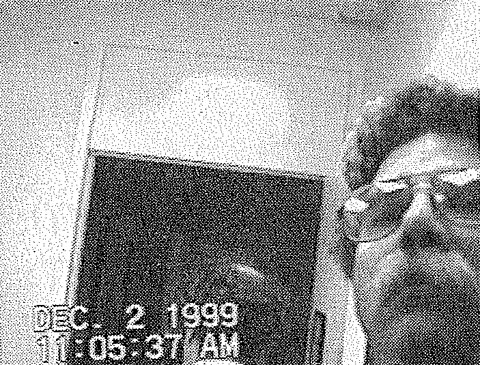
Bralley looks at his camera
